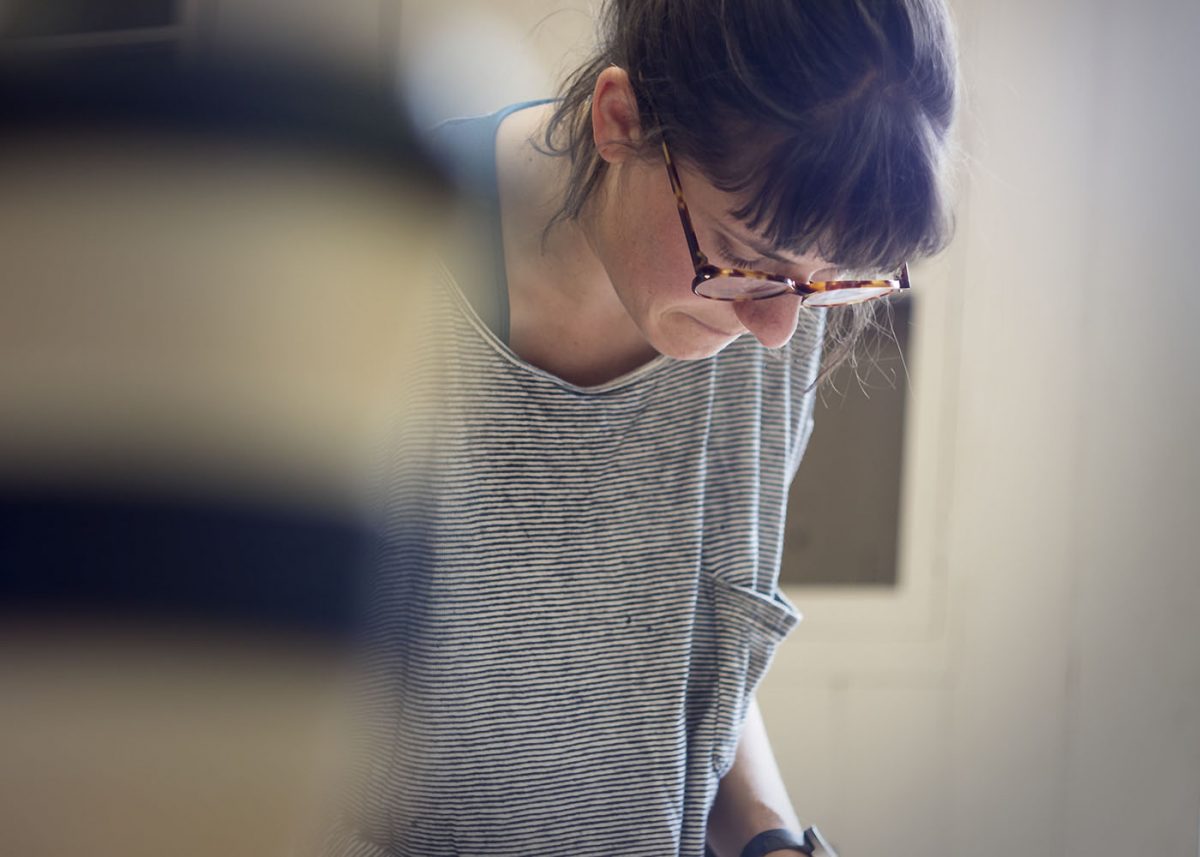Introducing Practice Researcher Malaika Cunningham

Malaika Cunningham (she/her) joined the Artsadmin team in February 2021 and tells us about her new role as Practice Researcher.
In the midst of lockdown 3.0, I began in a new role with Artsadmin. For the next two years, I will be with Artsadmin as a Practice Researcher. Exactly what this ‘practice’ and ‘research’ will be is still developing, but I wanted to take this opportunity to introduce myself and what this role might look like.
I am a political theorist, facilitator, and theatre-maker. These three hats are indistinct and often worn altogether at the same time. Both my academic and artistic work focuses on the potential role of the arts within participatory democracy and socio-environmental justice. I completed my PhD, titled ‘Participatory Theatre as Democratic Space: Opportunities and Limitations’ at the University of Leeds in autumn 2020. In my thesis, I argue that some participatory theatre events can offer a distinctive approach to creating democratic spaces, in which citizens come together to imagine alternative futures and discuss the common good. These spaces are crucial in creating the reflexive, imaginative and inclusive democracy we need to achieve social and environmental justice. My continued research into this area is supported by The Centre for Understanding Sustainable Prosperity – an interdisciplinary research centre exploring how we live well within the ecological constraints of a finite planet.
I am also a part of The Bare Project – a theatre and interactive arts company based in Sheffield. With this company, we have been developing a long-form performance piece called ‘The People’s Palace of Possibility‘, which emerged from my research into sustainability, utopia and creating democratic spaces. This work will – in some way – form a part of my practice research with Artsadmin.
Bringing together the terms ‘practice’ and ‘research’ in this role is important: my artistic practice as a facilitator and theatre-maker will inform both my methods for gathering ideas and evidence, as well as a means of disseminating my findings. My research approach is rooted in the belief that political research should be embedded within the communities it seeks to understand, and that the practice of research should be reciprocal. As I seek to understand and unpick the democratic role of participatory performance, I also aim to support those working within this field by providing spaces for connection and reflection. With this in mind, I will be drawing on my Canadian upbringing to curate a series of potlucks – to gather thinkers, activists and artists together for discussion, play and food. These events will be joyful opportunities for reflection, experimentation and connection, as well as a key part of my research methodology.
Within my role, I also hope to amplify the work of utopian, democratic and artistic projects which are happening all over the world. These projects inspire my research and offer the evidence that things can be different. As a big part of my work is reading, talking and writing about climate crisis and the hollowing-out of our democracy, seeking out and sharing these utopian projects is a form of self-care. And I hope that in sharing these projects I can also offer a sense of optimism and solidarity for others out there struggling with a sense of despair or feeling overwhelmed. This will take the form of a monthly blog series, to launch in April, as part of Season for Change, entitled ‘Collecting Real Utopias’. The original seed of this idea is from the work of sociologist Eric Olin Wright, and is also informed by the work of Ruth Levitas. Each blog will profile a different real utopian project, which is happening right now. ‘Utopian’ in the sense that it challenges and re-imagines how the world can be. ‘Real’ in the sense that it does this re-imagining through embodied, real-life activities. These blogs will not be in-depth research, rather they will offer a brief overview of the project – perhaps a bit of history, perhaps stories from those involved, why and how they challenge our flawed socio-economic system and, crucially, how you can find out more or get involved.
I cannot imagine a better organisation to be based within for this work. Across its 40-year history, Artsadmin has supported and produced some of the best examples of radical, political participatory performance there are. Their ongoing commitment to sustainability is forward thinking – particularly in highlighting the intersectional nature of environmental justice, and their history of bringing together activism and artistic practice. And their international networks of artists and producers working within the crossovers of performance, visual art, participation and political expression are unparalleled. Despite the strange, locked-down context I began this role within, the team have made me feel so welcome, and I am very excited to be working within this incredible organisation for the next two years.
